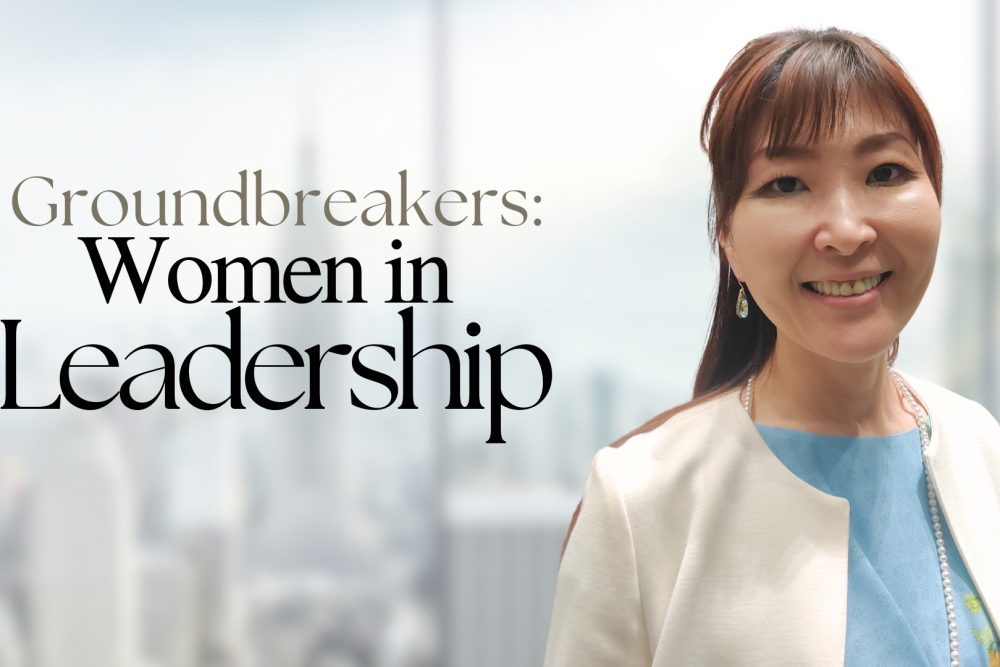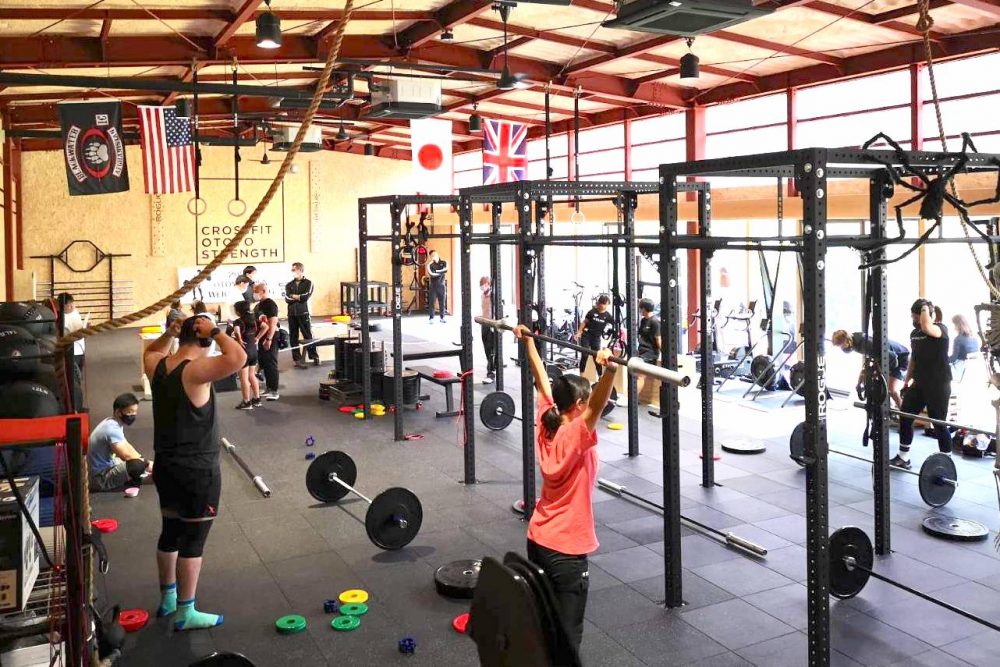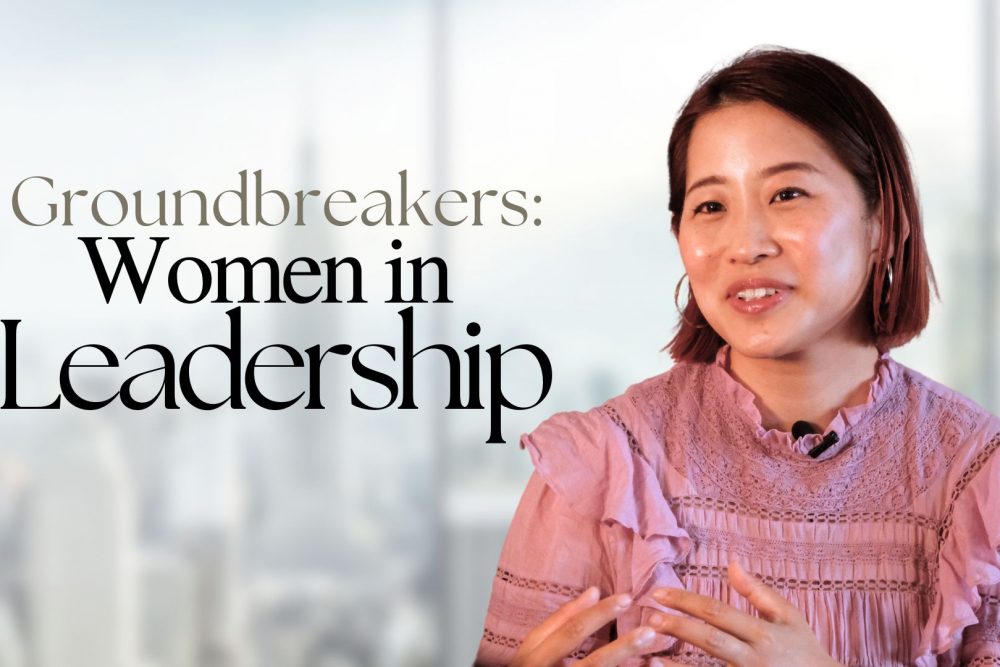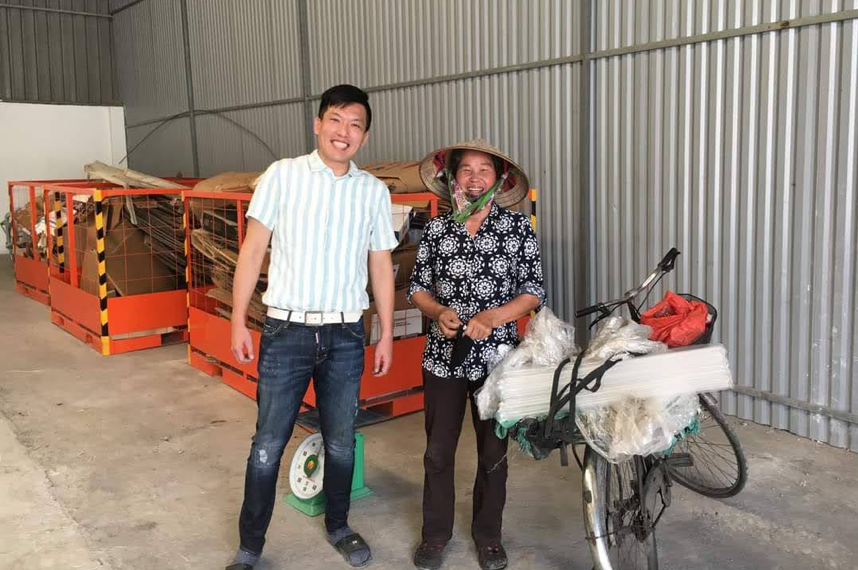Groundbreakers | MiYO ORGANIC Founder on How Women Can Transform Japan's Green Industry
In a new series, Miyo Yamamoto speaks candidly about the opportunities and challenges for women entrepreneurs in Japan — and the positive changes underway.
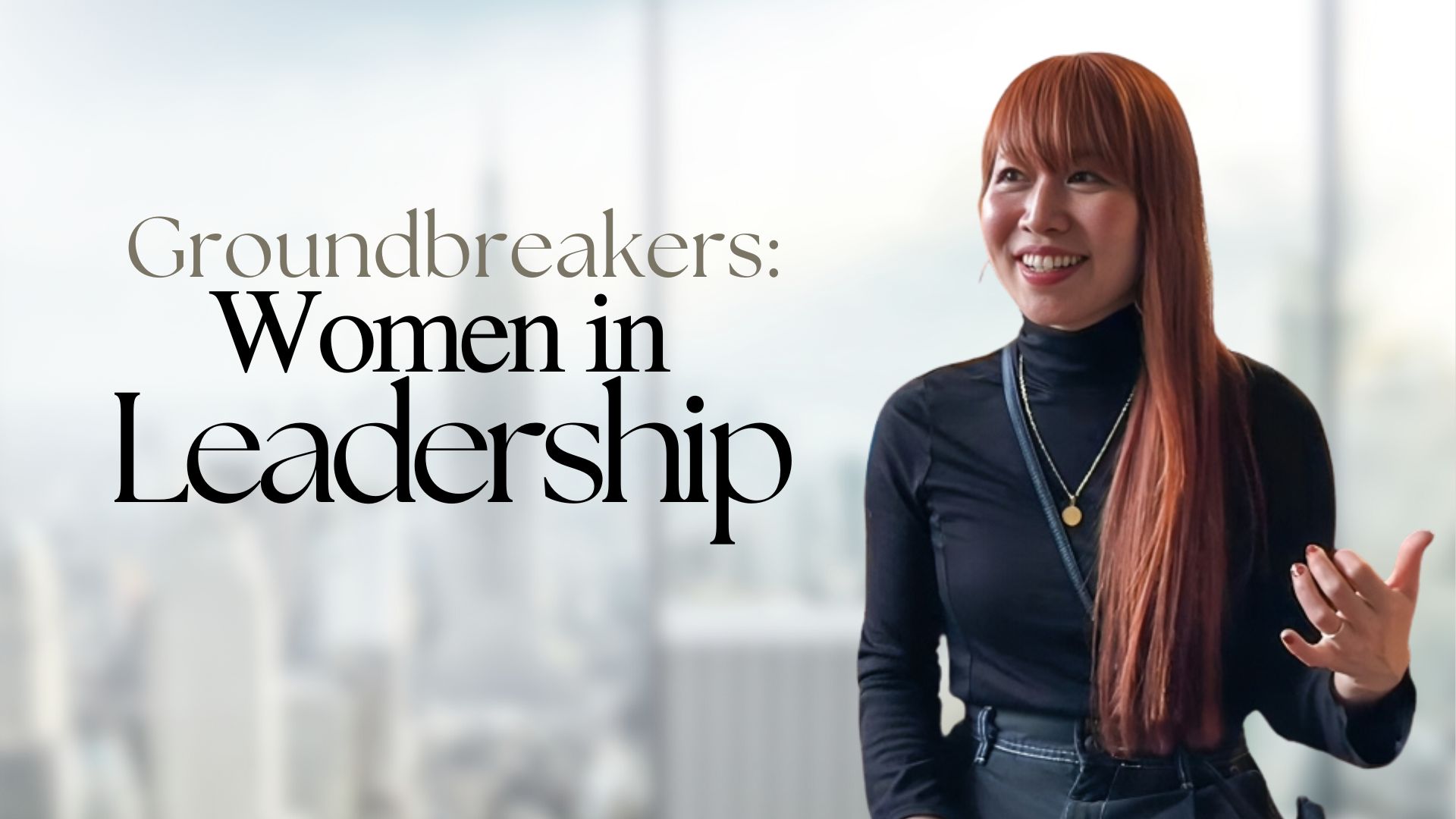
Japanese women are making changes globally in the world of enterprise, finance, technology, academia, politics, sports, the media, and more. If they were ever invisible, certainly they are not now. What inspired them to step forward into their roles today? Are their dreams and aspirations different from the generation of their mentors? What comes after them? JAPAN Forward set out to interview some of these amazing women in the new series "Groundbreakers."
Tokyo-based Miyo Yamamoto, founder of MiYO ORGANIC, is passionate about reducing waste, and plastics in particular. She exudes infectious energy and exceptional clarity when talking about her company's mission. We met her in Washington, DC, where she was participating in the Women's Startup Lab program "Rise Beyond," sponsored by the Ministry of Economy, Trade and Industry. Founded by Ari Horie, the program offers valuable opportunities to Japanese women entrepreneurs motivated to expand beyond their current limits.
Yamamoto sat down with us to talk about how a night in a hotel inspired her to start her own company.
Excerpts follow.
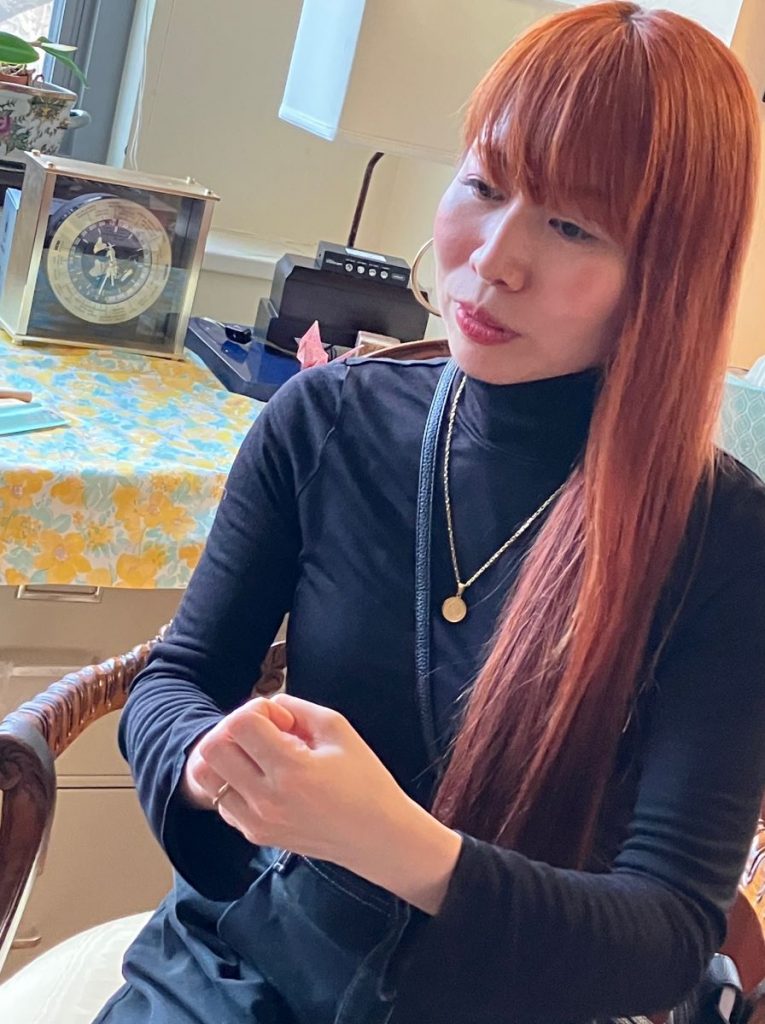
Groundbreaker Miyo Yamamoto
What inspired you to start your own business?
I've been in the hospitality industry for my whole life as a professional tableware sommelier. I decided to start my own business out of my experience in 2018 while staying in a hotel. There was a moment when I suddenly started to wonder, how many plastic toothbrushes are thrown out on this planet? Hotels generate so much garbage, including amenities. I wanted to do something about it.
You have described your business, MiYO, as an 'Eco-conscious pioneer in plastic-free alternatives.' What is it about?
My company is starting with small amenities — replacing plastic amenities like toothbrushes with products made of bamboo. A toothbrush is a small item but it can become a powerful part of the initiative to reduce plastic waste. But doing this also means changing minds and changing awareness.
Just by changing one thing — in this case, a plastic toothbrush to bamboo, you can reduce plastic for that product by 95%. It adds up to achieving a real reduction in plastic waste. The hotel industry is a first step and also my company's [first target in the] mission to reduce plastic waste.
Aside from that moment in 2018, what inspired you to start your own company?
I had always been part of a family business but I wanted to start my own company. One of the things that encouraged me was the criteria of a large company in the hospitality business. It was looking for solo distributors, sustainable amenities, and a solo-run business outside of China. These were all criteria I knew I could meet. So I took up the challenge.
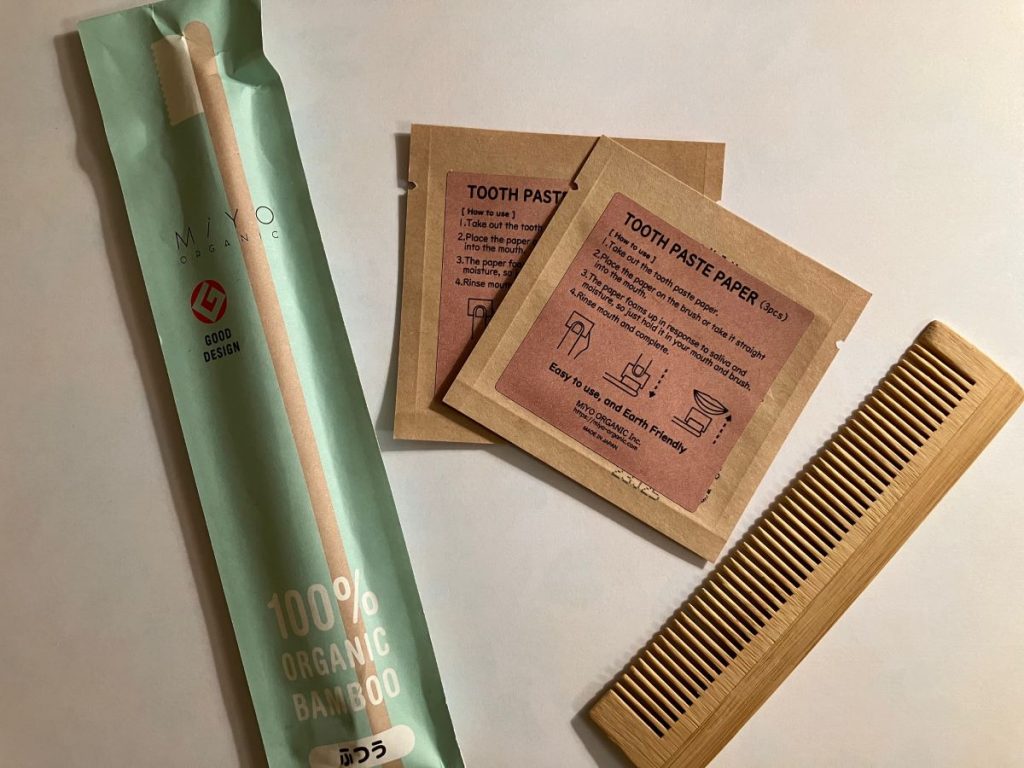
Award-winning Products
You won the Japan Institute of Design Promotion's 2022 Good Design award, so your products have been recognized for their merit. But have you encountered hurdles as a woman?
Most people in the hospitality trade are men. On the business-to-business side, there are very few women in the amenities business. Sometimes a company will drop our contract because someone else comes along. It's as if startups, as well as women, are not seen as important.
However, the equation changes as big businesses set the goal of reducing waste and increasing women by 2030.
Has the Women's Startup Lab program in Washington helped in that?
Part of the program is how to communicate with potential funding sources [to grow your business]. On the first day, we pitched our businesses to venture capitalists in Silicon Valley. They gave us a lot of important insights. It was like connecting the dots on how to make your business succeed and grow.
What has been your greatest business challenge?
My focus up to now has been on manufacturing and marketing bamboo toothbrushes [in the hospitality industry]. There is no way to do this without interacting with the factories we contract to manufacture them. However, those factories, which are overseas, pose a tremendous disadvantage for women. Alone, I am not accepted as a professional based on my appearance, my gender, and how I speak.
Also as a woman, we have several life stages, marriage, children, and so on. Compared to men, we have to be careful about choices to achieve a life-work balance.
How have you dealt with that disadvantage?
When going to factories, I try to manage my appearance by wearing suits and tying my hair back. If they won't listen to what I have to say I have to find another way around it. Sometimes I have to take a person with me totally unrelated to my business. But at the factory they see a man standing next to me. Then I can make progress. However, I feel the disadvantage in this area.
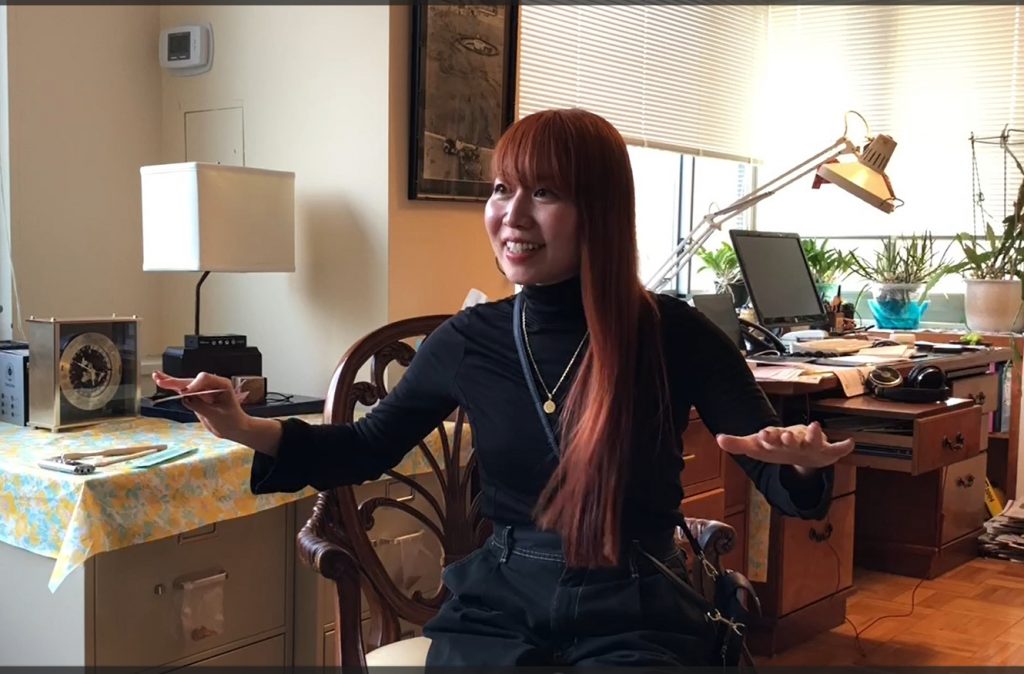
Helping the Shift for the Environment
Your business has to do with reducing waste, part of the United Nations Sustainable Development Goals. How do you feel women can lead that shift in lifestyle?
I believe that to do this kind of business, one must do it with heart. Considering the environment and how connected our lives are with the earth, you also need love.
If you think about just capital, then sometimes that is going to be seen as a greenwash. To me, the SDGs are of course important but saying [SDGs] has also become a kind of trend. Therefore, doing business with a good heart is even more important.
You mentioned you are developing other products, also related to the environment. Can you give us an example?
I am still developing it, but it will be an alternative [hygiene amenity] like toothpaste. Made in Japan, this is also an area I want to expand. The product is so light — it weighs almost nothing and can be used where water is not available. It will be good for emergency packs and out in the field, so I want to make fun designs for it.
Considering your experience with your startup, what advice would you have for women who are still thinking about whether to start their own business?
Actually, the situation is changing so it's a good chance [for women] in Japan now. I watched my mom run her business and I really understand that her generation was making a path for us. Now the situation is much better than it used to be. And for the next generation, it will be even better.
So I would tell them, if you're thinking about it, now is the time to do it. You're lucky. You can do it, you can do anything. And [not limited to Japan] the world is also going toward more gender-free, LGBTQ, and respect for women.
But be professional. That's what saves you. Study a lot, know your field, (I love geeks because they know their field so well,) and again, be professional.
Learn more about Miyo Yamamoto and her startup MiYO ORGANIC online, on Instagram, and on Facebook.
Women interested in the Women's Startup Lab program can find additional information on LinkedIn or at its online portal.
Follow the Groundbreakers series on JAPAN Forward.
This article was first published on JAPAN Forward on March 8, 2024.






